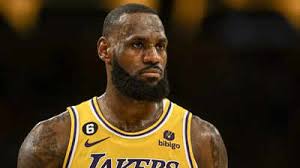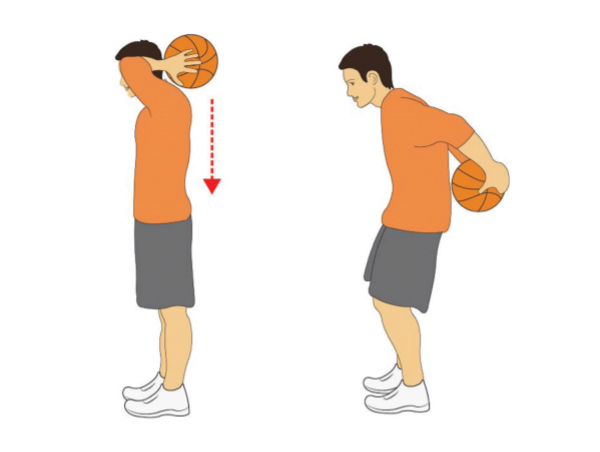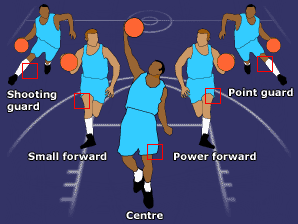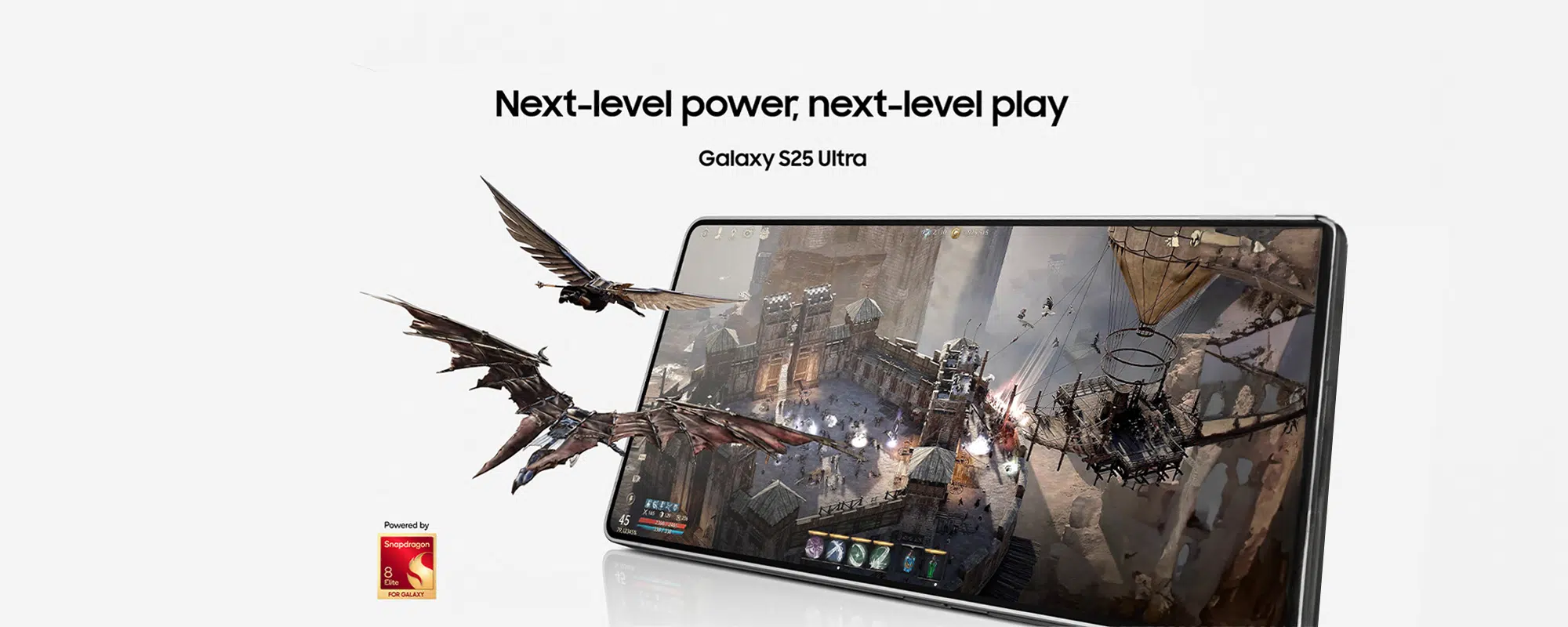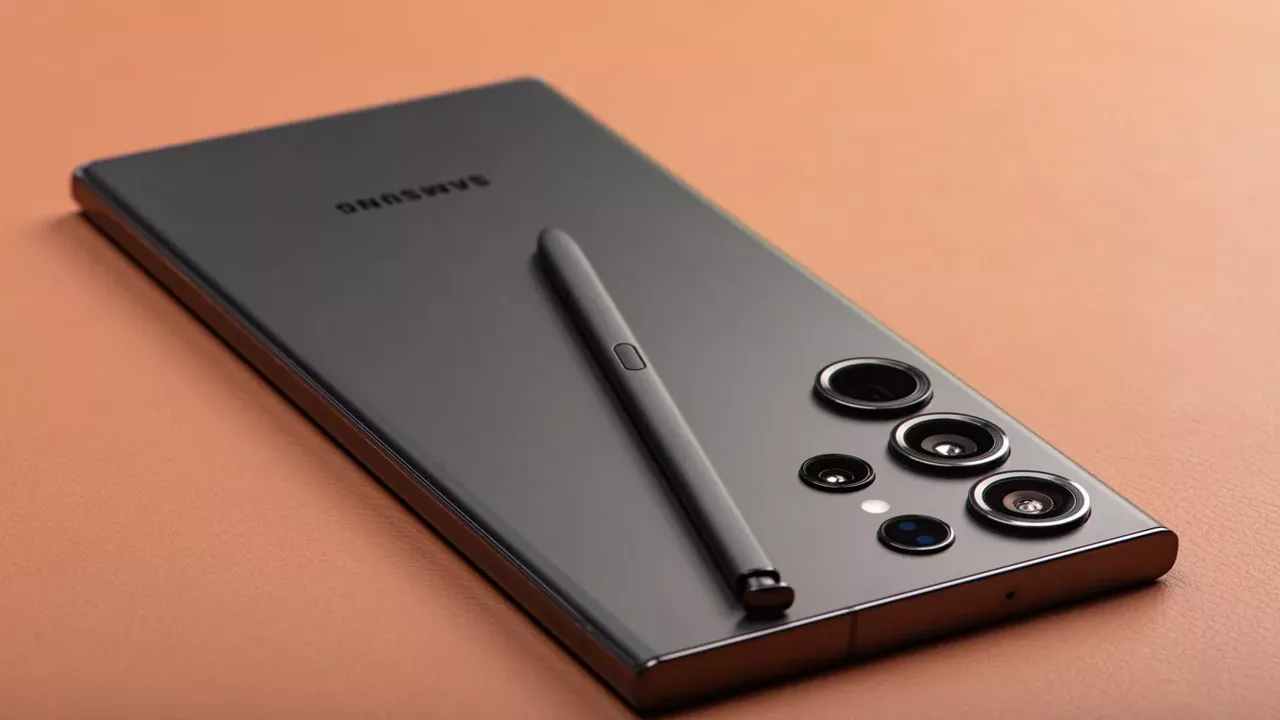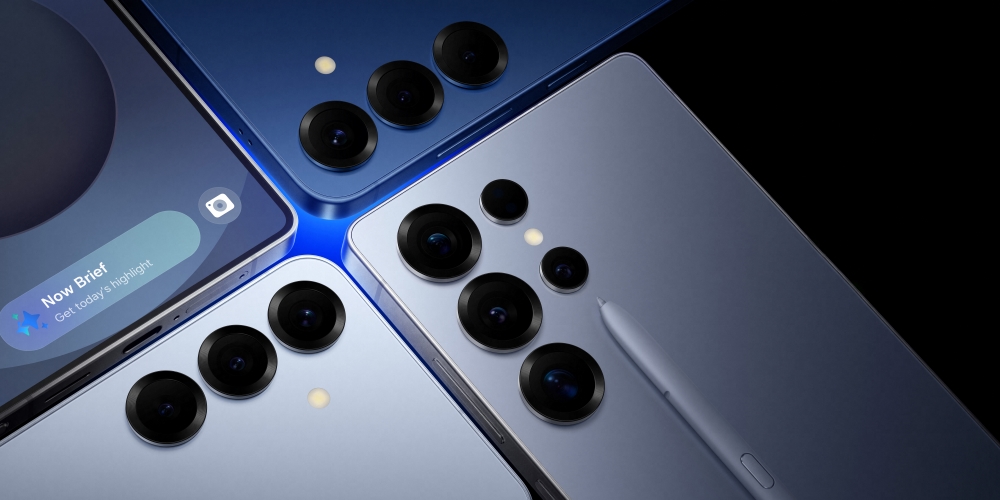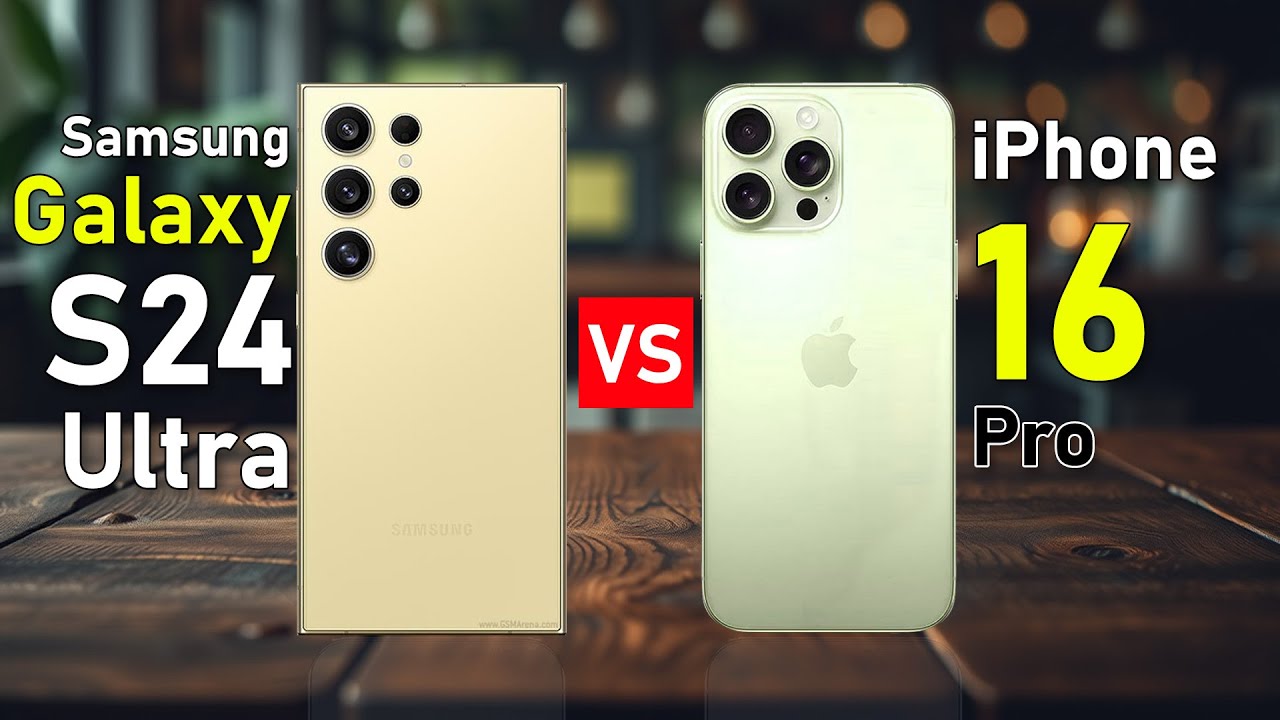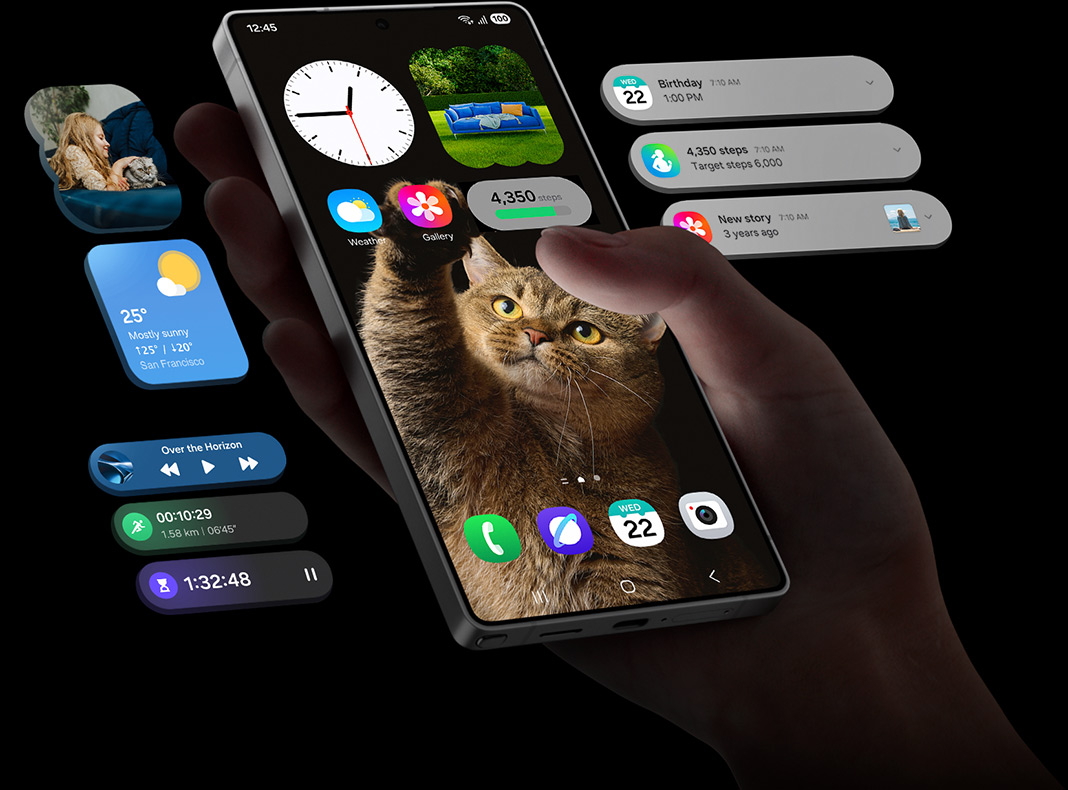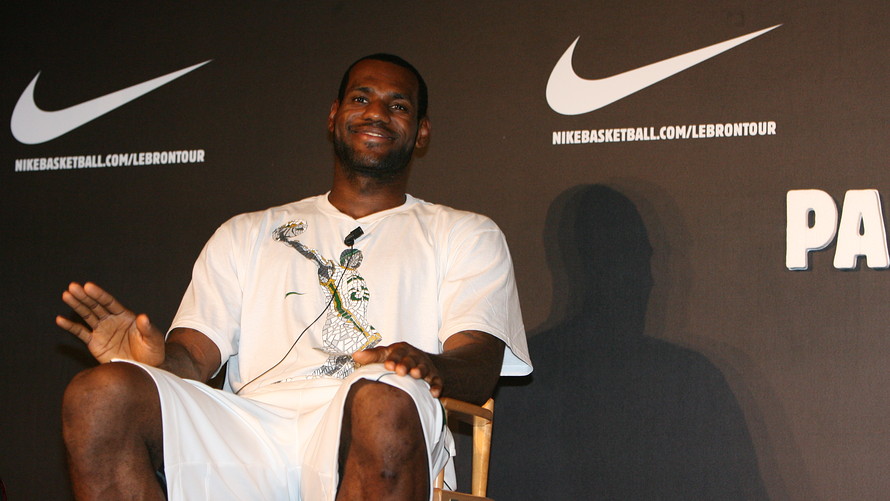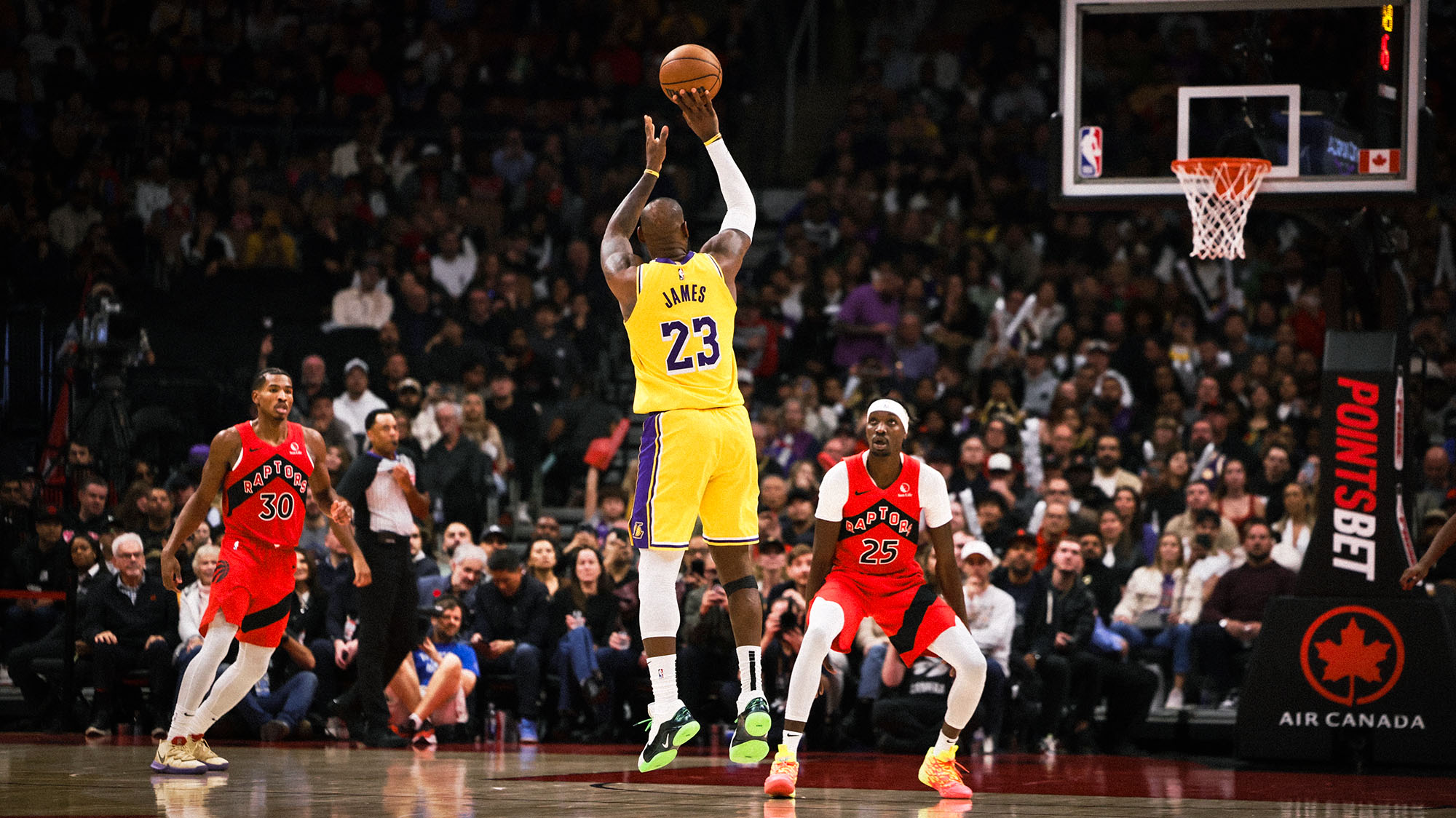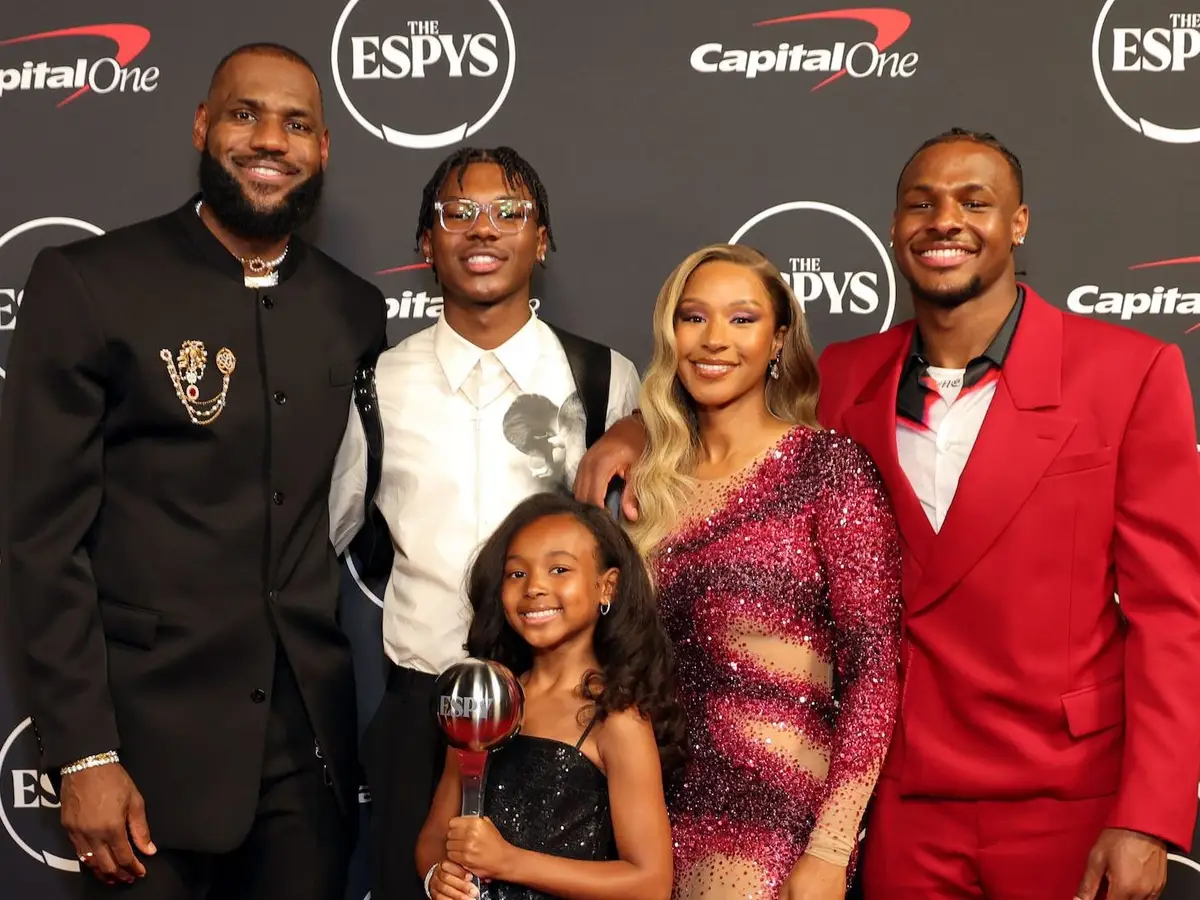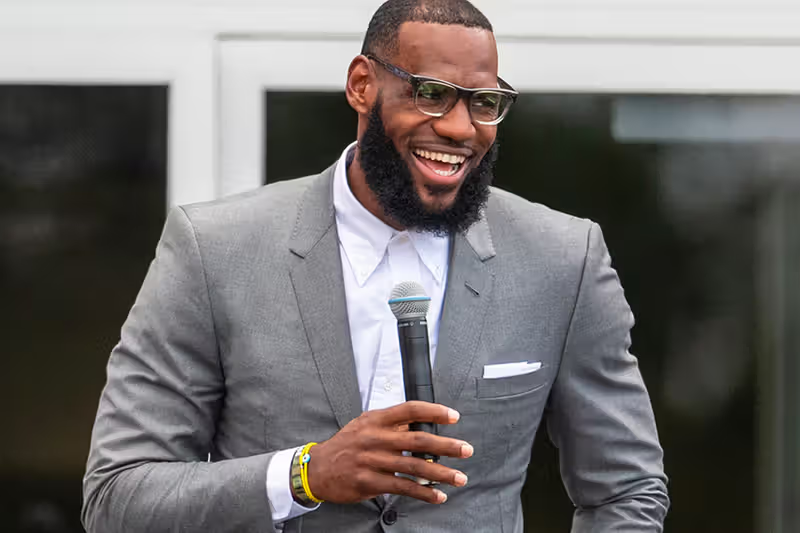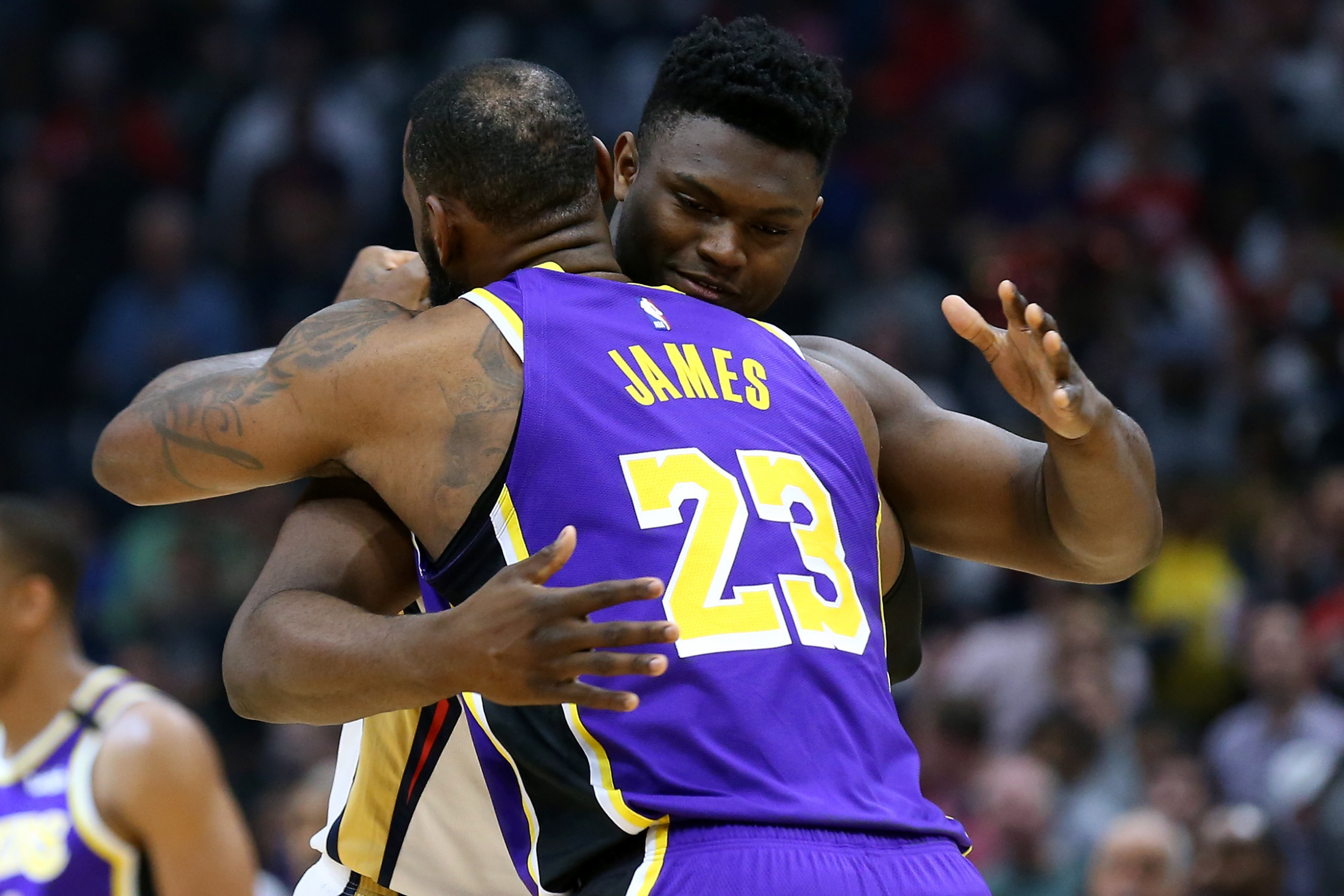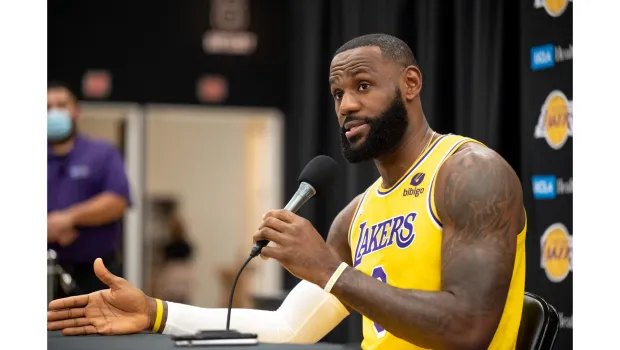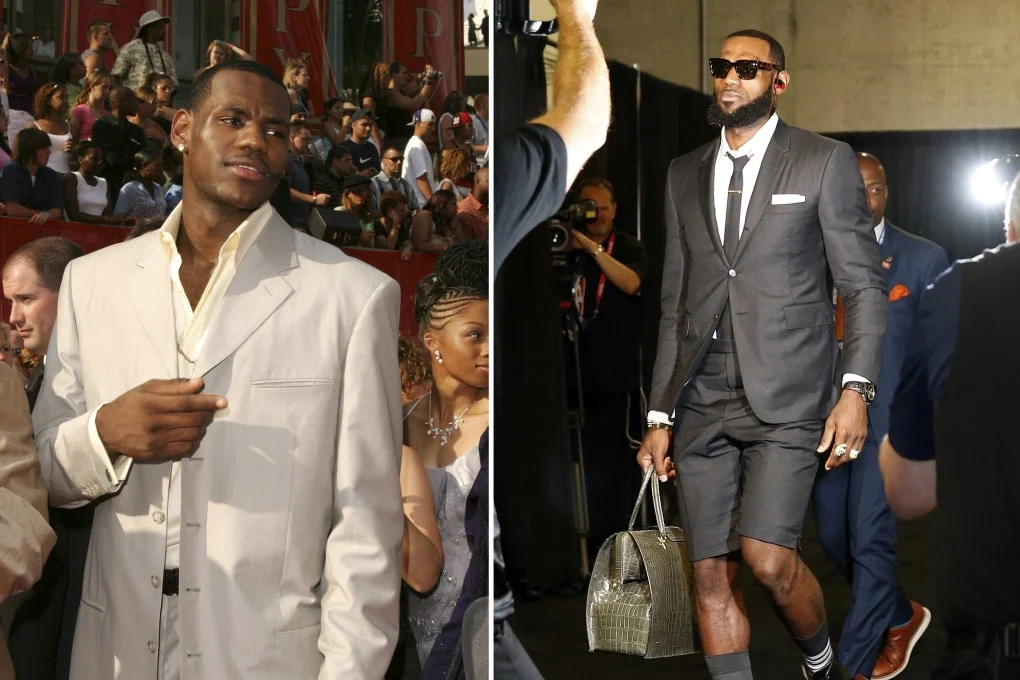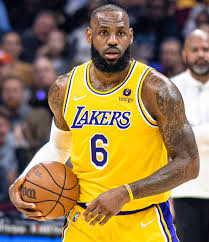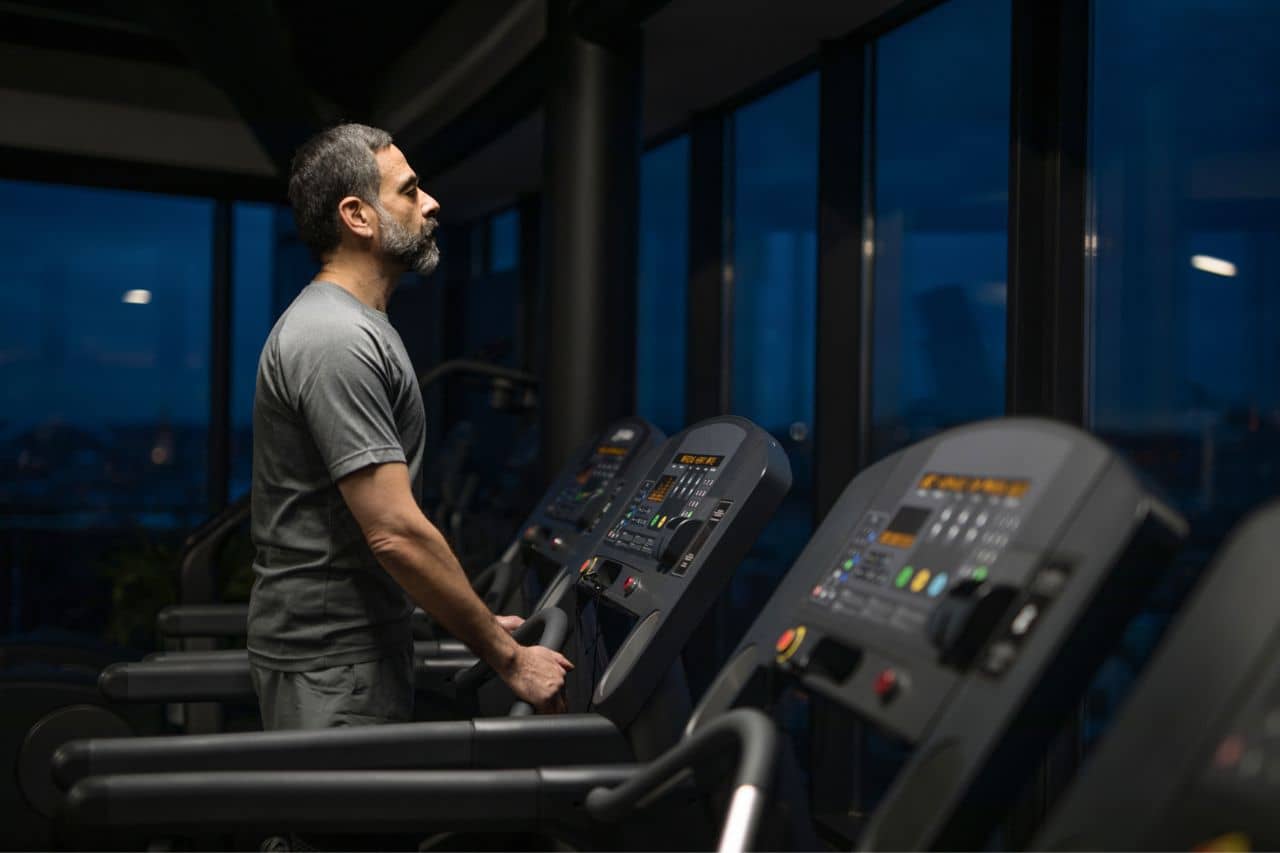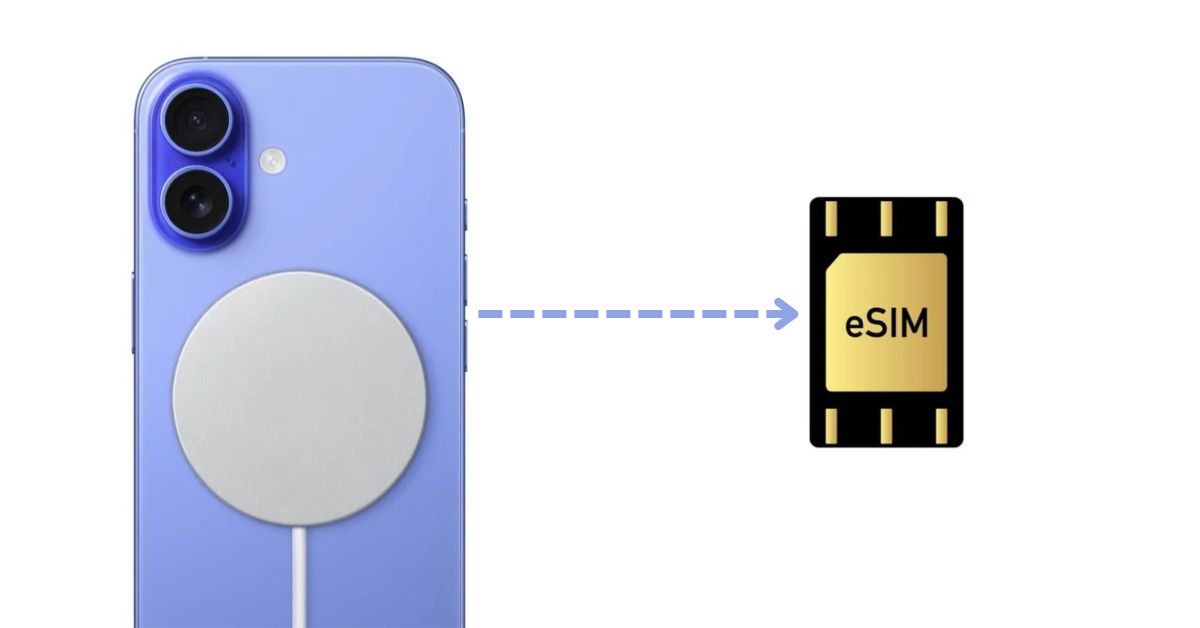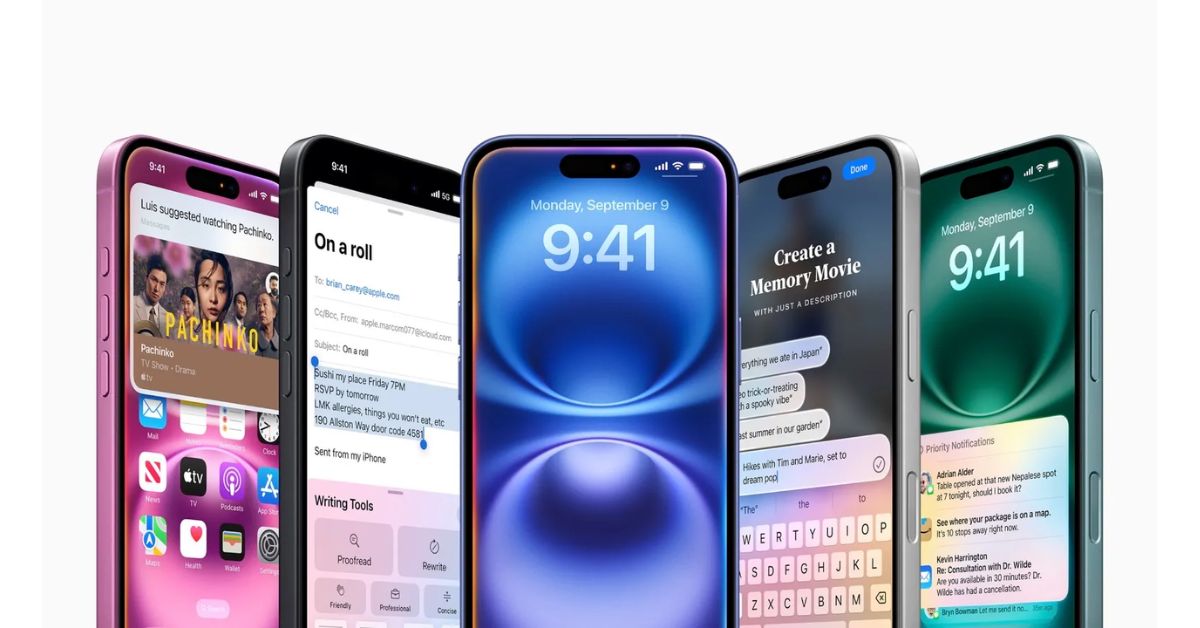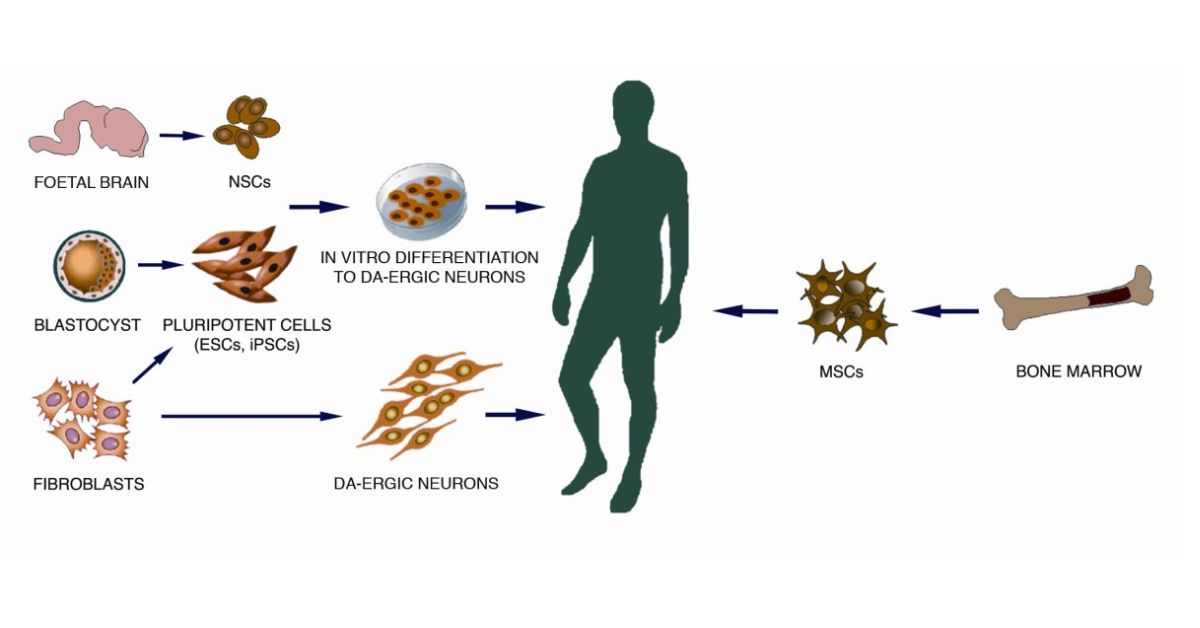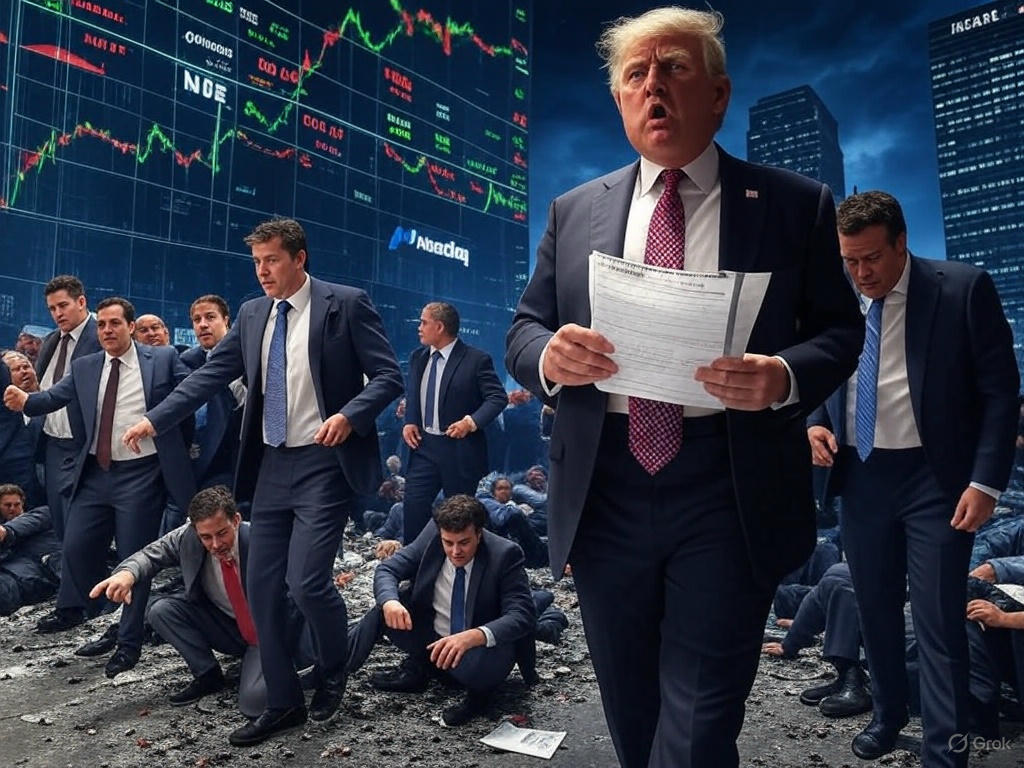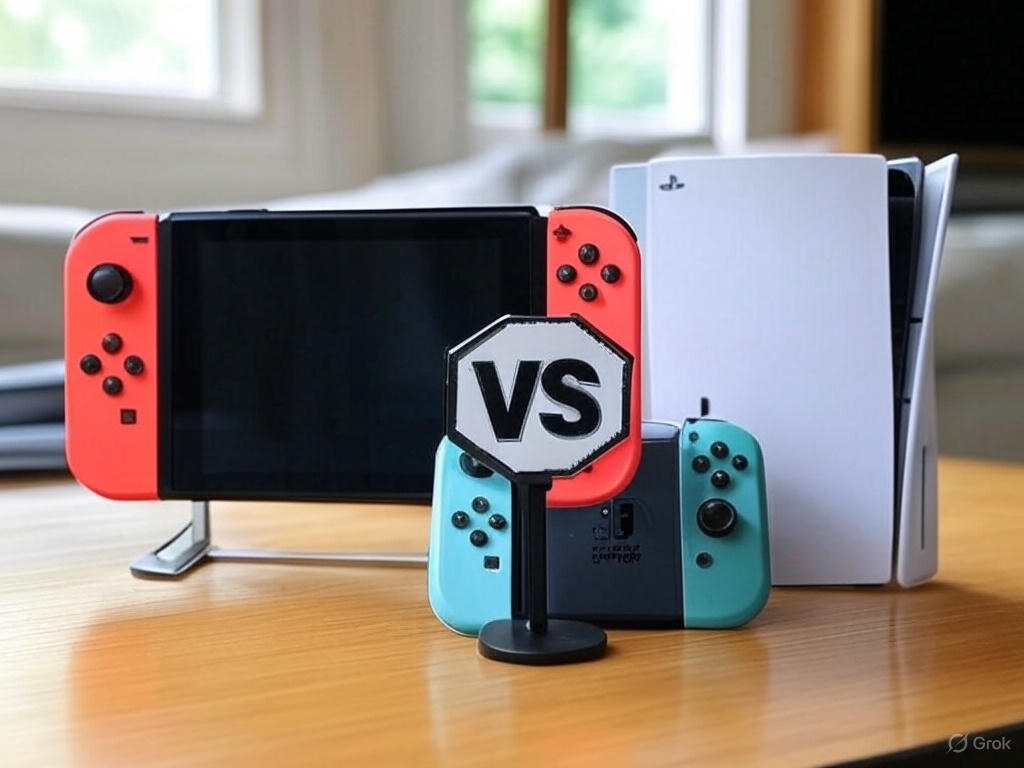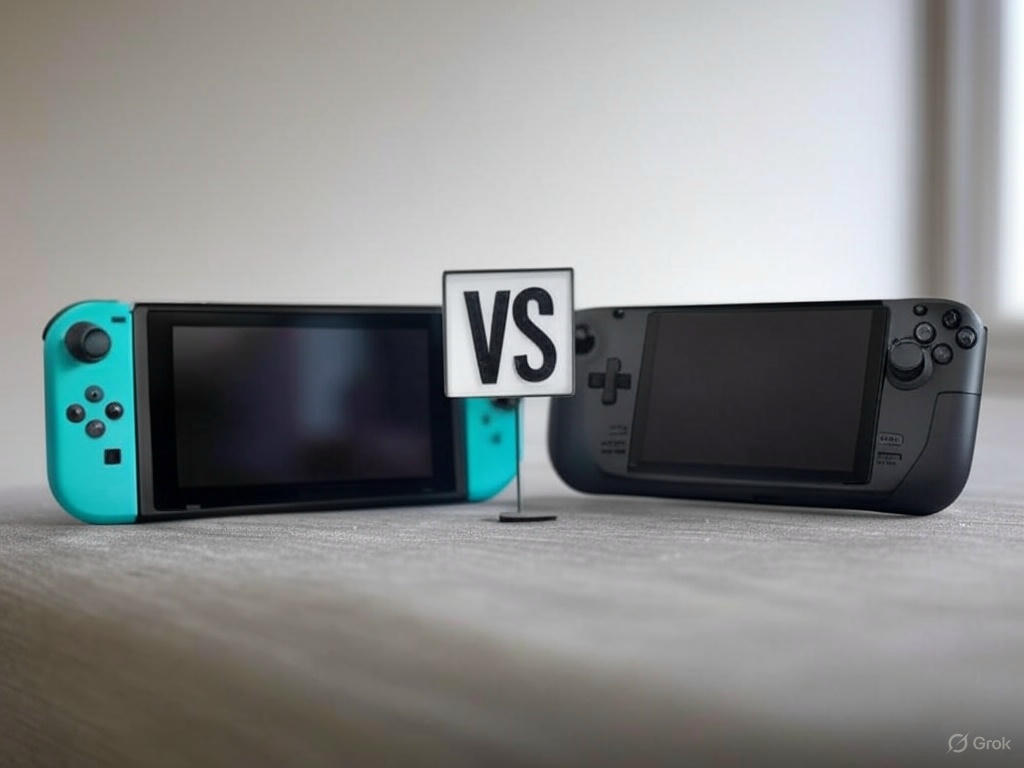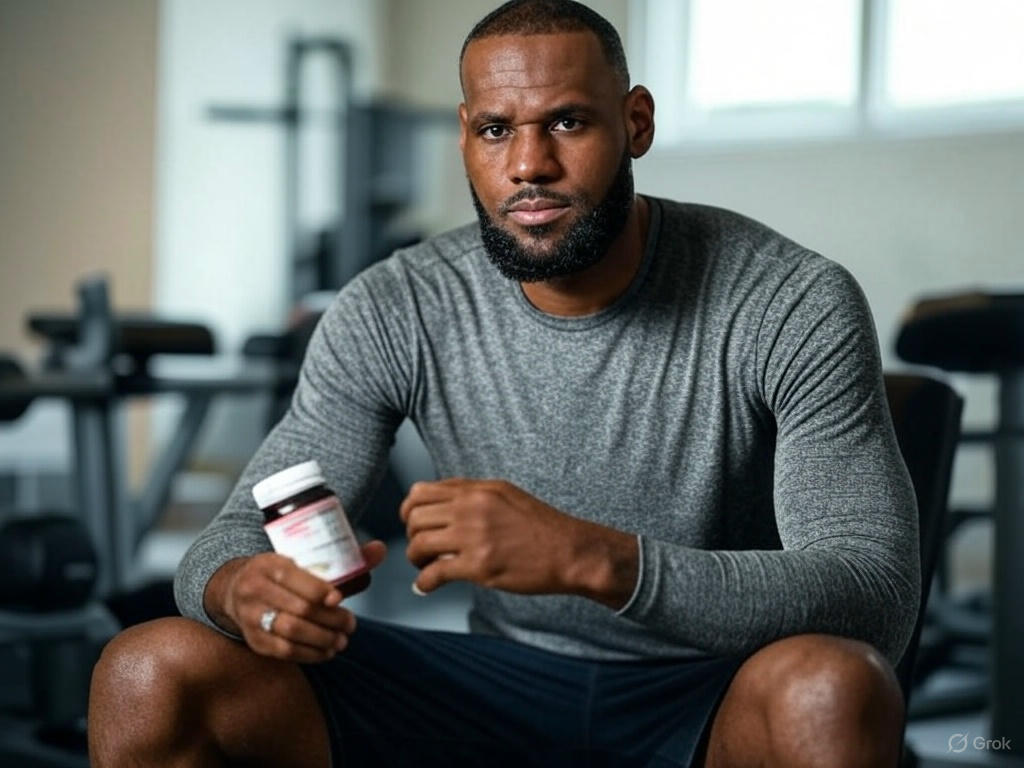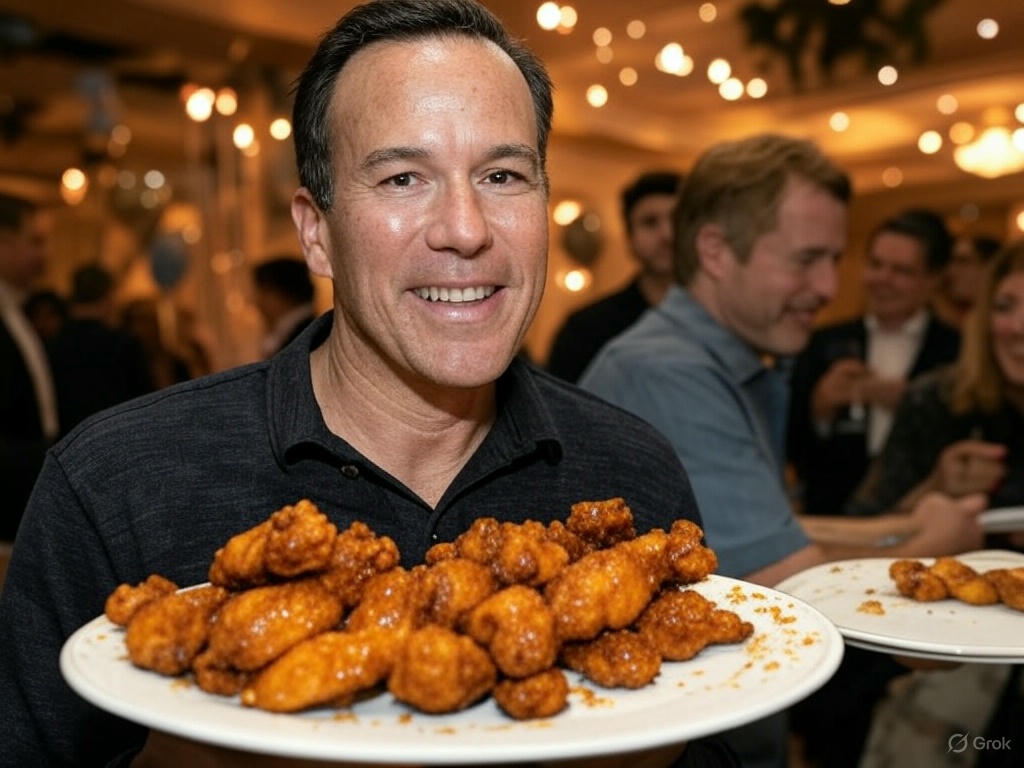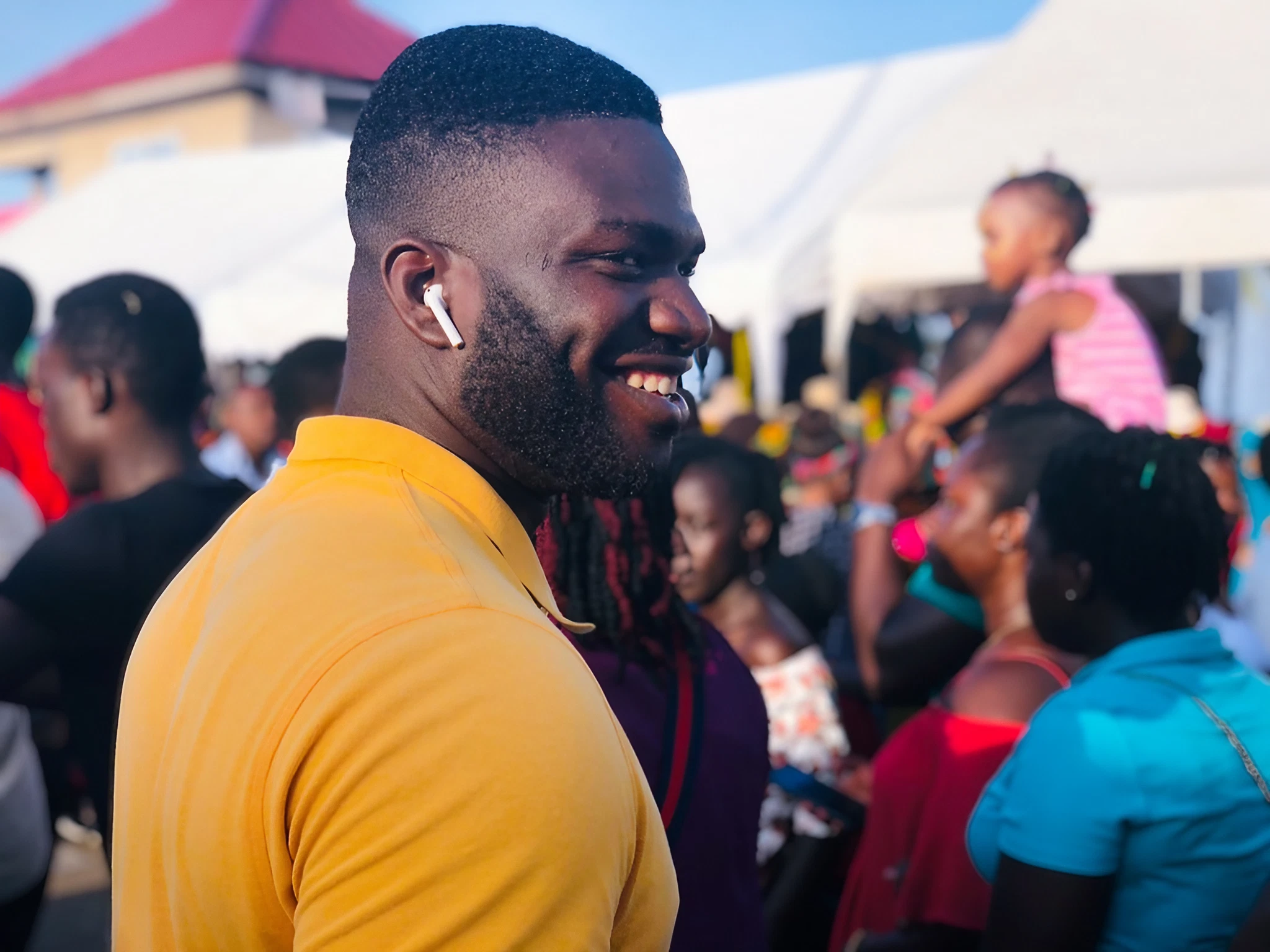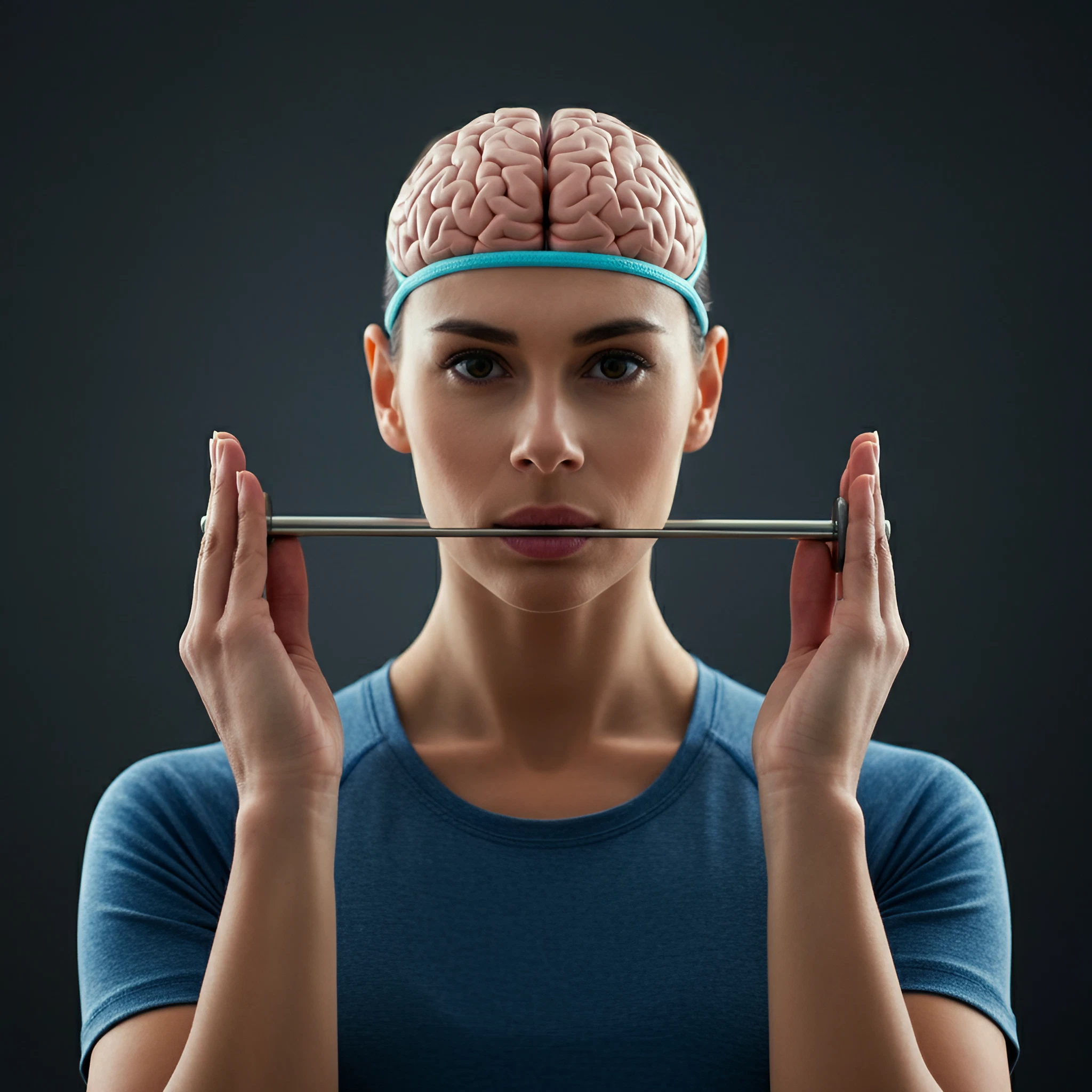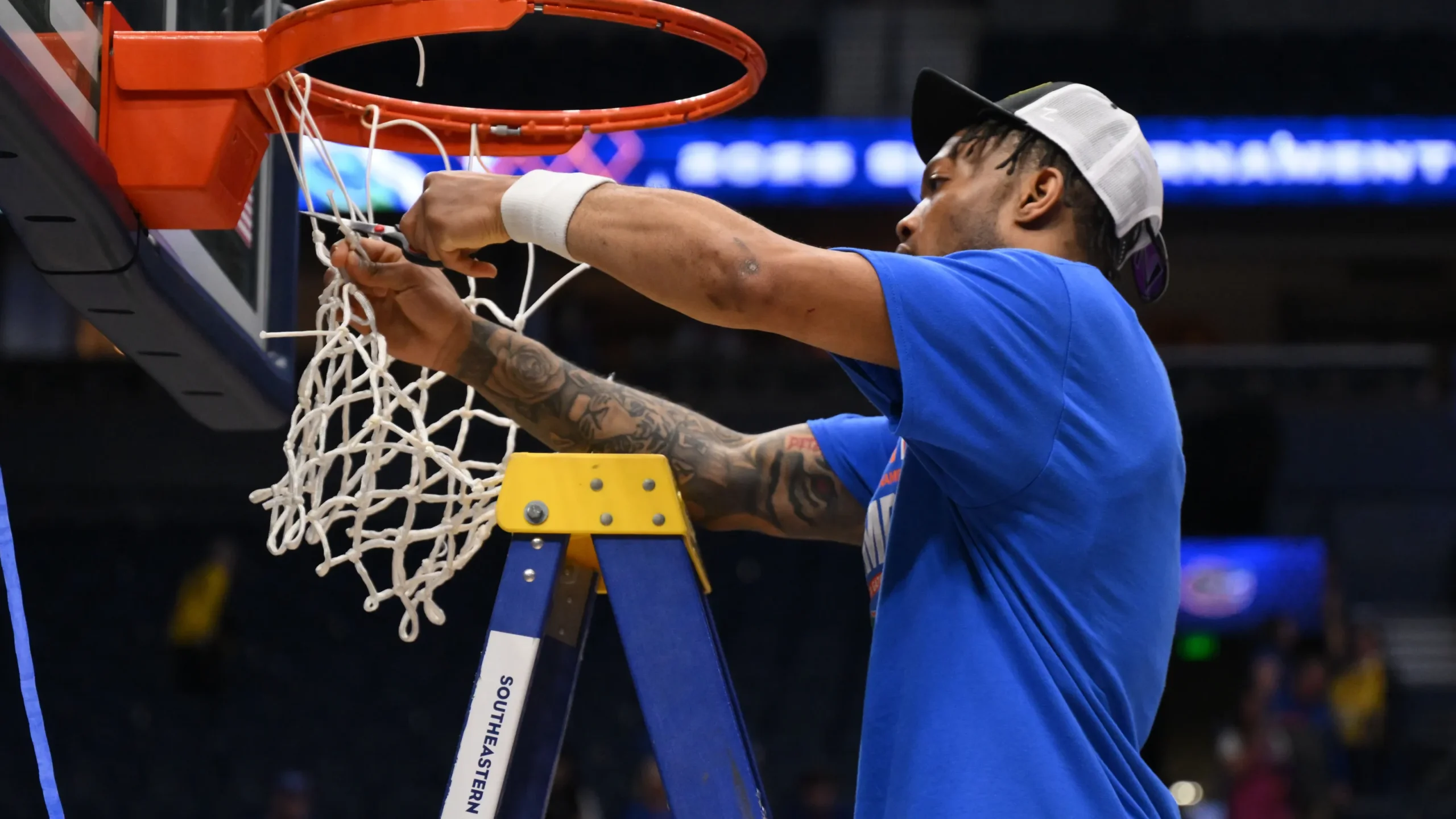Elite athletes and legendary coaches have always been linked by their mutual drive for greatness. However, the traditional coach-player relationship has undergone a seismic shift in recent years. Central to this evolution is the “superstar coach dynamic,” where star players hold significant sway in shaping team strategy, hiring decisions, and organizational direction. Few athletes have influenced this dynamic as profoundly as LeBron James, one of the greatest basketball players in history.
This blog explores the evolution of this phenomenon, the role LeBron James has played, and how it has redefined the landscape of modern sports. From historical context to specific case studies, we’ll uncover how the NBA’s superstar era is transforming the balance of power between players and coaches.
The Superstar Coach Dynamic Defined
The superstar coach dynamic describes a unique balance of power between star athletes and their coaches, often tilting in favor of the player. Unlike the traditional hierarchical model, where the coach has the final word on all team matters, this concept emphasizes collaboration and mutual influence. Coaches are expected not only to strategize but also to accommodate the needs, preferences, and leadership of their most prominent players.
Often described as a product of modern sports’ player-centric culture, this dynamic reflects a broader trend of empowerment in the workplace. Just as top professionals in traditional industries demand work environments that align with their values and ambitions, today’s superstar athletes expect an active role in decisions that affect their careers.
The Traditional Coach-Player Relationship
To understand how monumental LeBron’s influence has been, it’s essential to look at how things used to be. Historically, coaches like Red Auerbach, Pat Riley, and Phil Jackson epitomized the concept of authoritative leadership. Coaches were seen as the architects of a team’s success, wielding near-absolute power over game plans, rosters, and player usage.
Even renowned players, from Michael Jordan to Larry Bird, largely operated within structures dictated by their coaches or front offices. Athletes were expected to adhere to the system, no matter how challenging it might have been to their personal preferences or goals. Player influence existed, but it played a minor role compared to today’s framework.
LeBron James and Player Empowerment
LeBron James entered the NBA in 2003 as “The Chosen One,” carrying expectations of dominance both on and off the court. Yet, his impact transcended basketball achievements. LeBron became a symbol of athlete empowerment, advocating for players to become active stakeholders in decisions that shape their careers.
How LeBron Redefined the Dynamic
LeBron’s contribution to the superstar coach dynamic stems from his belief that a team should function as a partnership, aligning the goals of management, coaching staff, and players. He demonstrated this through key actions:
- Active Role in Coaching Decisions
Throughout his career, LeBron has been linked to coaching changes, such as the dismissal of David Blatt during his second stint with the Cleveland Cavaliers in favor of Tyronn Lue. Analysts note that while Blatt was a capable strategist, Lue’s collaborative coaching style better suited LeBron’s leadership preferences.
- Strategic Team Building
LeBron is renowned for his “general manager” tendencies, often advocating for roster moves that strategically pair him with coaches and teammates who complement his playing style. His influence extends beyond the locker room, shaping key organizational decisions.
- Influence on Team Culture
LeBron’s leadership doesn’t simply dictate tactics; it cultivates a team culture where collaboration is paramount. Through his unique skill set and basketball IQ, he often serves as an on-court extension of the coaching staff, effectively sharing tactical responsibilities.
Case Studies of the Dynamic in Action
Miami Heat (2010–2014)
LeBron’s time with the Miami Heat marked the start of his superstar coach dynamic. When he joined forces with Dwyane Wade and Chris Bosh, the expectation was that head coach Erik Spoelstra would guide the team to immediate dominance. Early struggles, however, led to speculation over Spoelstra’s job security.
Ultimately, Pat Riley, the team’s president, stood firm in his support of Spoelstra, allowing LeBron and the coaching staff to find their rhythm. The result? Four consecutive trips to the NBA Finals and two championships, proving that mutual respect and collaboration between LeBron and Spoelstra were integral to their success.
Cleveland Cavaliers (2014–2018)
LeBron’s return to Cleveland showcased perhaps the most overt example of his influence. Midway through the 2015–16 season, the Cavaliers replaced head coach David Blatt with Tyronn Lue, reportedly with LeBron’s endorsement. Lue’s more player-focused approach unlocked the team’s potential, culminating in a historic comeback victory against the Golden State Warriors in the 2016 NBA Finals.
Los Angeles Lakers (2018–Present)
When LeBron joined the Lakers, the organization was rebuilding and struggled to find immediate success. The hiring of Frank Vogel as head coach raised eyebrows, but LeBron’s buy-in proved essential. Together, they secured the 2020 NBA Championship, highlighting the power of aligned leadership and trust between coach and player.
What the Experts Say
LeBron’s superstar coach dynamic has drawn a range of opinions from sports analysts and former players.
- Jeff Van Gundy, former NBA coach
“LeBron’s understanding of the game is unparalleled. Any coach working with him needs to see him as a partner, not just a player.”
- Chris Broussard, NBA analyst
“He’s not just a player; he’s a leader on and off the court. That’s a different kind of challenge for a coach, but when it works, it’s magical.”
- Shaquille O’Neal, Hall of Famer
“LeBron changed the game for players. He made it okay to speak up and take charge of your career.”
How LeBron’s Legacy Shaped Modern Sports
LeBron James didn’t just dominate basketball; he revolutionized how we think about power dynamics in sports. His approach has inspired other athletes, from Kevin Durant to Tom Brady, to push for greater control over their careers and partnerships. This shift challenges the traditional top-down structure, fostering an environment where collaboration drives success.
Elevating the Game
The superstar coach dynamic reflects a broader cultural moment where leadership in sports is becoming more democratic. LeBron James’ influence has set new expectations for coach-player relationships, highlighting the potential of empowered athletes to shape the future of their teams.
For athletes, coaches, and fans alike, this dynamic exemplifies the power of partnership. Whether it’s on the hardwood or in the boardroom, the lesson is clear: Success comes from collaboration.

Dominic O. McCoy is a passionate writer who loves crafting engaging and informative blogs on a wide range of topics. With a deep curiosity and a knack for storytelling, he explores everything from lifestyle and technology to business and home improvement. Whether breaking down complex ideas or sharing practical tips, McCoy aims to deliver valuable content that resonates with readers. When he’s not writing, he enjoys learning about new trends and expanding his knowledge to bring fresh perspectives to his work.

